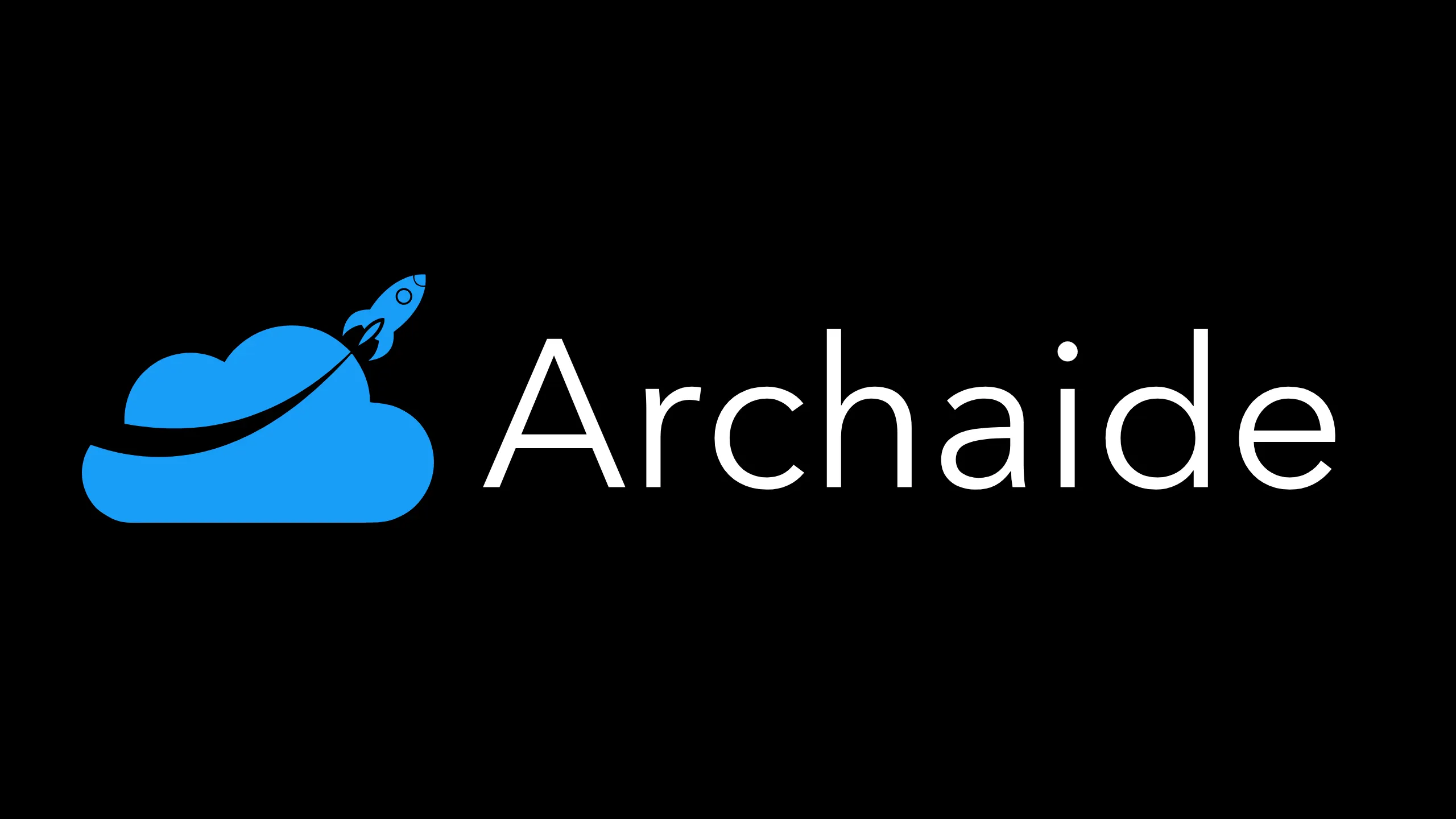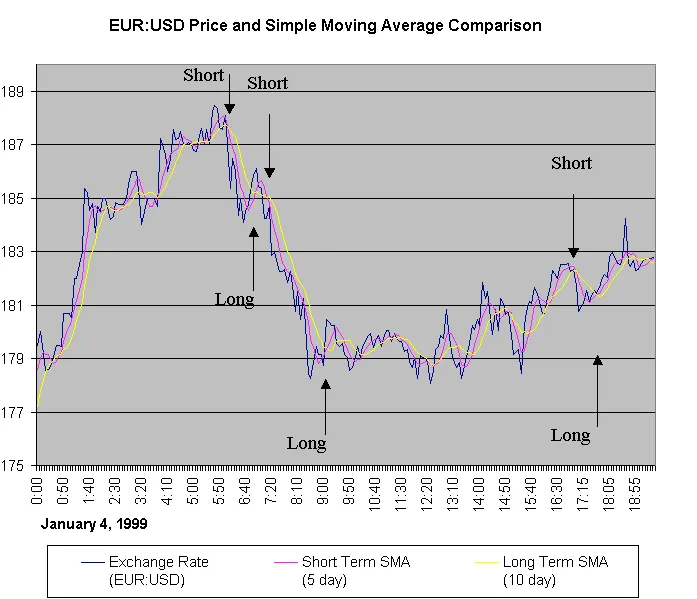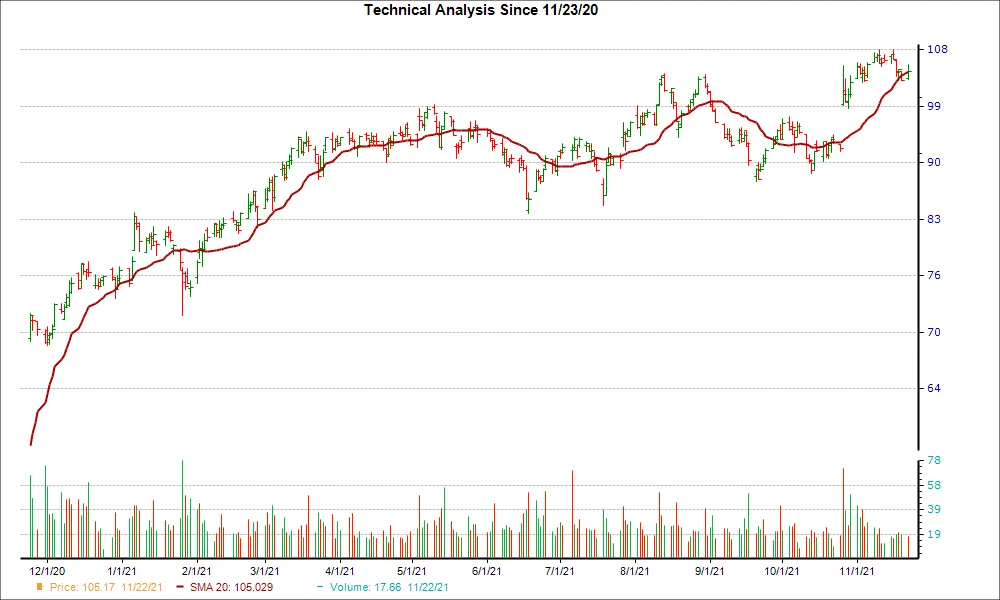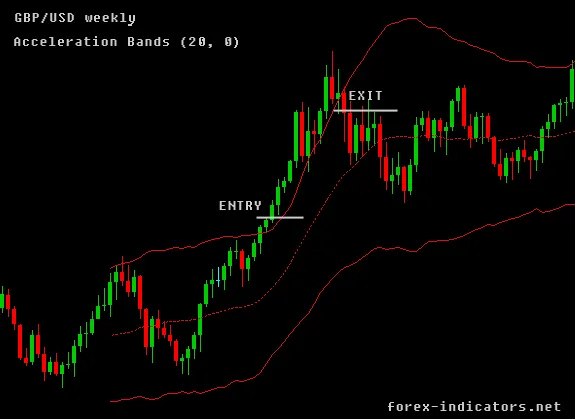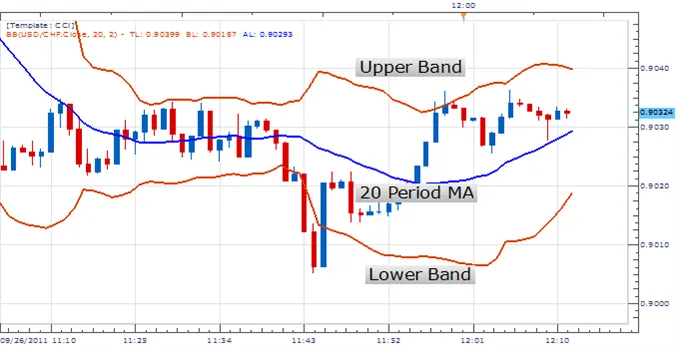What Is Prop Trading?
By Samantha Baltodano
TL;DR:
Prop trading is when a firm or individual trades financial instruments using their own money, with the goal of generating profits through buying and selling these financial instruments.
Prop trading firms recruit professional traders and fund them with company capital to trade financial securities, with profits being split between the trader and the firm.
Prop trading can be a convenient option for traders who don't have their own money to invest, but it can also be difficult and requires significant knowledge and experience to be successful. Traders are subject to strict risk management rules, and joining a prop firm typically involves a staged evaluation process.
What Is Prop Trading?
Prop trading, short for proprietary trading, is when a firm trades financial instruments, such as stocks, bonds, commodities, or currencies, using their own money instead of their clients' money.
Now, these prop trading firms that are trading their own money will recruit professional traders and fund them with company capital to trade financial securities. These traders are groomed to earn profits, and they split profits with the company.
Prop trading is a convenient option for traders who want to capitalize on the up- and down-trends of the markets, but don’t have their own money to do so.
So essentially, private retail traders are given the opportunity to manage and trade a portion of this prop firms capital, let’s say for example $500,000. If you’re successfully managing this money you pocket a portion of the profits.
On average, a prop firm will keep between 20% and 50% of each trader's profits, though in some instances they’ll take as little as 10%.
So, what does this mean for the individual prop traders?
This would mean that the prop trader is bringing home anywhere from 50-90% of the profit they’re making on the prop firm’s money.
Let’s run through an example.
Say you’re working with a prop firm managing $500,000 of funds. The prop firm has agreed to profit split 30/70. This means they keep 30% of the profit you earn and you keep 70% of the profits you earn.
You had a successful trading day and made a 10% profit. Your account balance is now $550,000. In this example, you would be paid 70% of the $50,000 profit. This means you take home $35,000 for yourself.
Pretty cool, right? I bet you’re wondering why everyone isn’t using a prop firm to make money…
That’s because prop trading can be risky, as traders can lose money as well as make money, and it requires a significant amount of knowledge and experience to be successful.
In most cases, prop trading companies will develop stringent trading rules to support traders and govern the exercise to encourage profit-making and discourage loss-making as much as possible.
For example, let’s look at the inverse of the last example. If you lost 10% of your account value in a day instead of making 10%, the prop firm may close your account entirely.
So, how do you join a prop firm?
Ideally, hiring a professional trader in top prop trading firms starts with a staged evaluation, mainly through evaluation test accounts on which the beginner trader must prove that they have the skills needed.
You might be asked to pay a fee to run through a prop firm challenge. In this challenge you’ll be asked to trade using a demo account (which does not actually use any real money) to confirm that you know what you’re doing and are capable of trading profitably.
If you pass the challenge(s), then you’ll be given a real prop firm account managing real money. Traders may be rewarded with commissions or profit splits even during evaluation. After this, they may qualify for increased funding when they meet targets.
If you want to know which prop firms you can trust, check out “The Top 10 Prop Firms of 2023”.
Like what you read? Check out the rest of our content!
